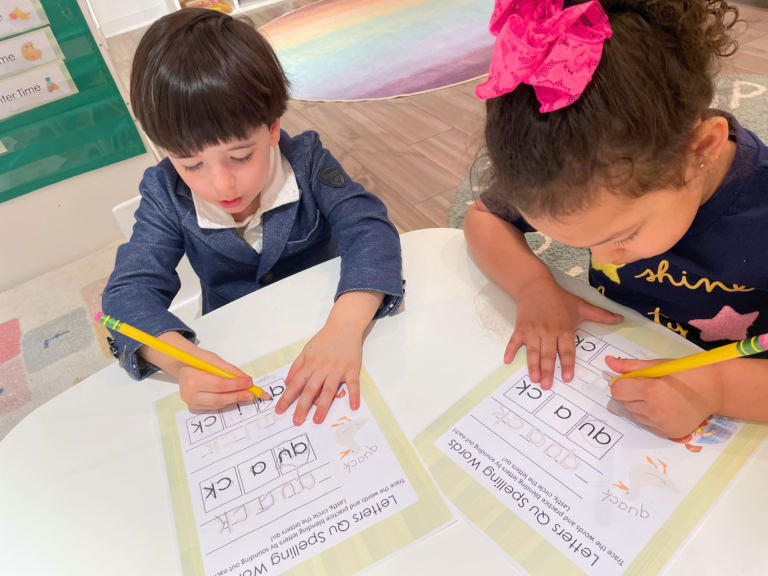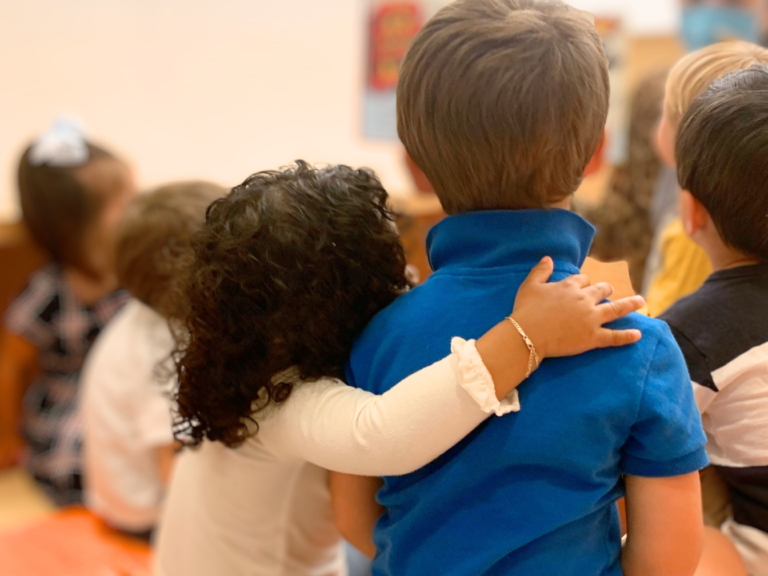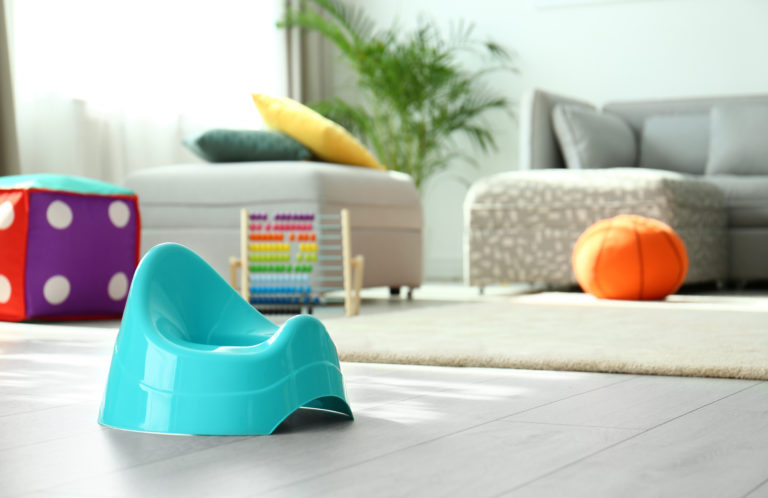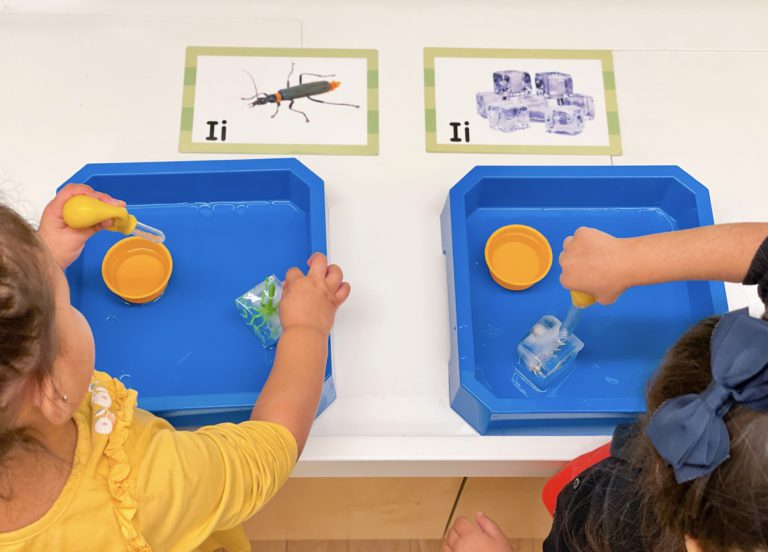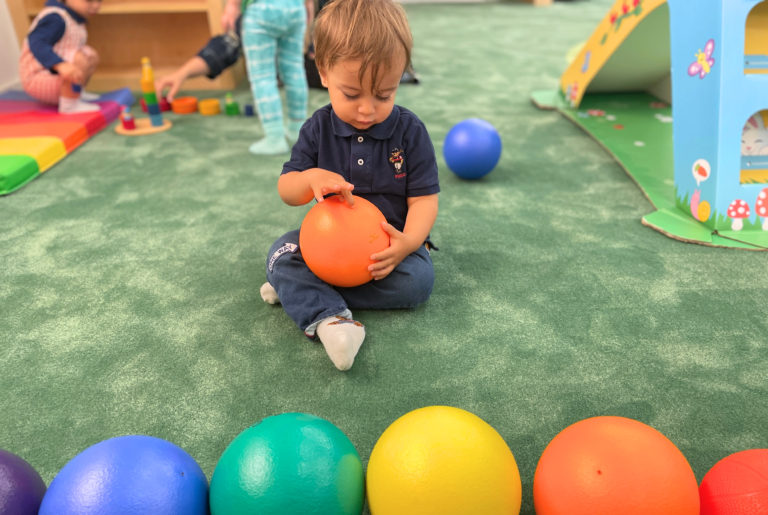How to Know if Bilingualism is Right For Your Family
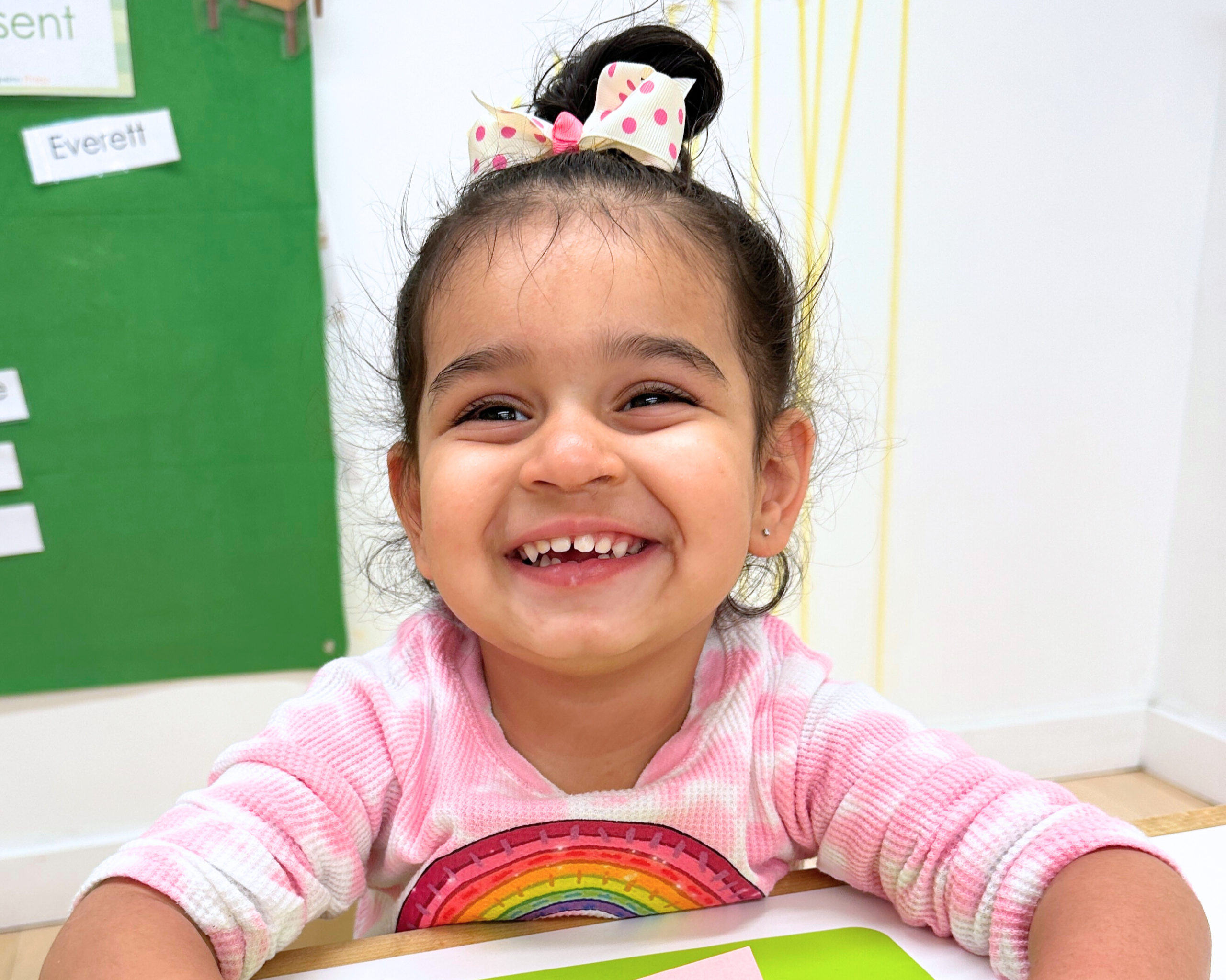
Language is a way of communication and connection. If you and your family speak more than one language, your little one is going to hear and learn that language just by being around it. Maybe your family speaks one language at home but you want you and your little one to learn another language as part of their early childhood education. The more we learn about people and cultures different from our own, the more cultural competence we develop, making us more respectful and understanding people!
So, is bilingualism right for your family? The short answer is: yes! Here are some specific reasons why:
Language At Home
Some families have one language they share, and some families have multiple languages they speak with different friends, family members, etc. If a little one’s parents speak more than one language at home, they are going to naturally pick up those languages within their child development. Practice each language consistently, and your little one will start to understand and communicate with you. Practicing each language exercises your little one’s cognitive skills daily, which helps them solve problems and think flexibly, among other benefits of bilingualism.
Identity and Language
Language and culture go hand in hand, and sharing the language and culture of your family is one of the best gifts you can give your little one in their child development. There is so much beauty and wisdom from every culture around the world, and it’s important to share the beauty of one’s own culture in order for our little ones to learn about themselves. Language is a part of your little one’s identity; if you have family members who live in another country and primarily speak the family’s first language, your little one knowing that language instantly connects the generations, creating intergenerational, and sometimes transcontinental, relationships.
Respect for Other Cultures
When we learn about ourselves, we open ourselves up to learn about others. When little ones learn about who they are and where their family comes from, their natural curiosity can lead to asking friends and early childhood education peers what cultures are represented in their families. As they learn about different cultures, they develop the ability to understand, empathize, and respect all aspects of those cultures. This is known as cultural competence, and it is key in child development.
Overall, there are no real downsides to your family learning more than one language. Whether you are looking to share the language (or languages) of your own family, or you want to enroll them in bilingual early childhood education, your little one can only benefit from learning about the vast world of culture we live in!
Popular
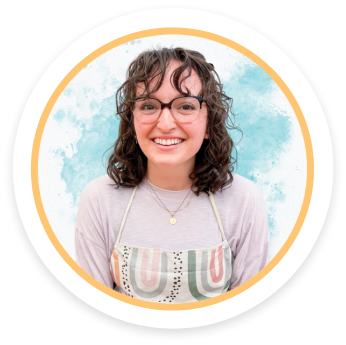

Hi, I'm Miss Julia!
Miss Julia has been an early childhood educator for 5 years, with over 10 years of experience working in childcare. She has been teaching at Playgarden Prep since 2017, and is happy to share ideas on some of her favorite early education topics with you! Miss Julia has a BA from UC Irvine, and uses her experience in performing arts to inspire little ones every day in her enrichment classes at Playgarden. In her free time, Miss Julia loves enjoying nature, cooking, and creating with friends.

